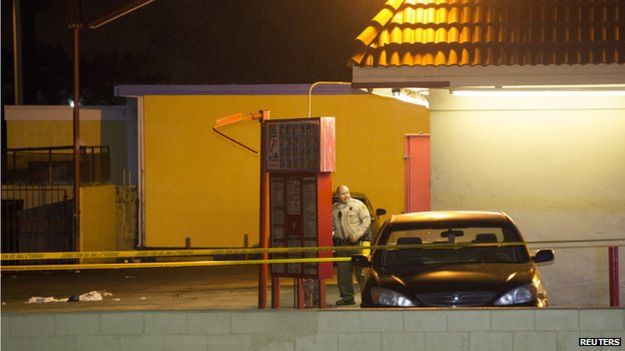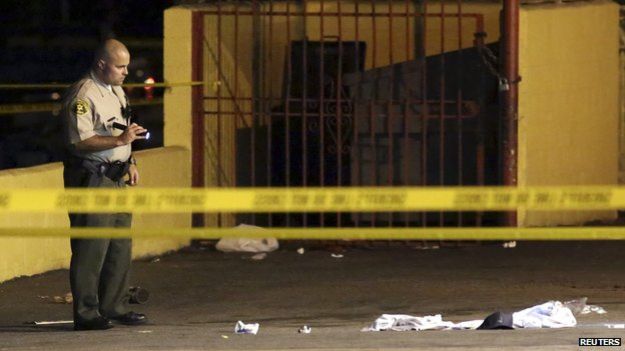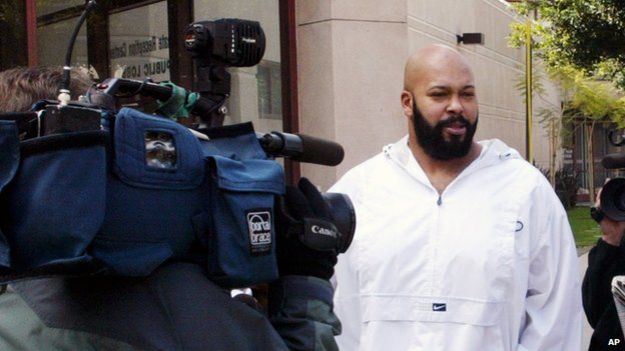Future residents of Fernvale Lea were mostly relieved after being told that the building of a commercially run columbarium close to their new homes will not be happening now.
But some were still uncomfortable with the idea that the eventual Chinese temple in the estate might still include a resting place for the dead, if its trustees decide to include niches for ashes.
Since last December, more than 1,000 people have signed an online petition to "say no to a columbarium next to our future home". The Build-to-Order project will be ready for people to move into this year.
Some even went as far as to demand a refund from the Housing Board during a dialogue earlier this month with Dr Lam Pin Min, MP for Sengkang West.
Yesterday, it was made clear in Parliament that the site was never meant to be used for a for-profit columbarium, and that the Government is in talks with winning bidder Eternal Pure Land to ensure that the land is used for a Chinese temple.
"With this development, residents' fears should be allayed and there will not be a need to return the flats to HDB," Dr Lam told The Straits Times, adding that many residents had expressed their relief to him.
Ms Josephine Soh, a 29-year-old human resource executive, said: "I was pretty worried about noise pollution that might come from funeral processions. At least a temple just has periodic noise from festivals or big dinner events - usually occasions to celebrate and not something to do with someone passing away."
Sales manager Tan Wei Leong, whose Fernvale Lea flat faces the Chinese temple site, said: "If there really has to be a columbarium, then at least it should not be a commercial one, which will have a lot more niches.
"I hope that the current tender will be void and a religious group will win the bid."
Minister for National Development Khaw Boon Wan said yesterday that the eventual temple there has the choice of whether to run columbarium services for its devotees. "We cannot make the assumption that (there will be such services)," he said.
But even if there is a columbarium, it is not an uncommon practice. Other temples, such as Puat Jit Buddhist Temple and Nanyang Thong Hong Siang Tng Temple - both in Anchorvale - and some churches already include columbariums.
But that still upsets Mrs Gladys Goh, a 33-year-old order management specialist. She said that she had asked HDB several weeks ago about the possibility of getting a different unit in Sengkang or other estates.
"I wouldn't mind living elsewhere, as long as it is not where, every day, I would walk past a place which includes a columbarium," she said.
Dr Lam, while receiving many thanks on his Facebook page after posting about yesterday's development, was also criticised for seemingly "defending" Eternal Pure Land's plans earlier this month.
He had assured residents that the columbarium would be out of the public's view and will take up, at most, only a fifth of the Chinese temple it will be housed at.
He highlighted the modern look of the temple, which he said will be the first in Singapore to have an automated columbarium. There will be other features to reduce noise and parking issues, he said.
Religious groups yesterday highlighted that sites reserved for places of worship are not meant for commercial entities.
Said Mrs Parvathi Annanth, the chief executive and legal counsel of Sree Maha Mariamman Temple in Yishun: "Land released to commercial entities with no religious affiliation is an invasion of our rights."
The president of the Singapore Buddhist Federation, Venerable Seck Kwang Phing, said land is scarce here and commercial entities should go for sites zoned for those purposes.
Singapore Management University law professor Eugene Tan also suggested that bids for worship sites by joint ventures involving a religious organisation and a commercial firms should be subjected to extra scrutiny.
This is "to ensure that profit- making companies do not use religious groups as a front to make money from a site designated for religious purposes".





